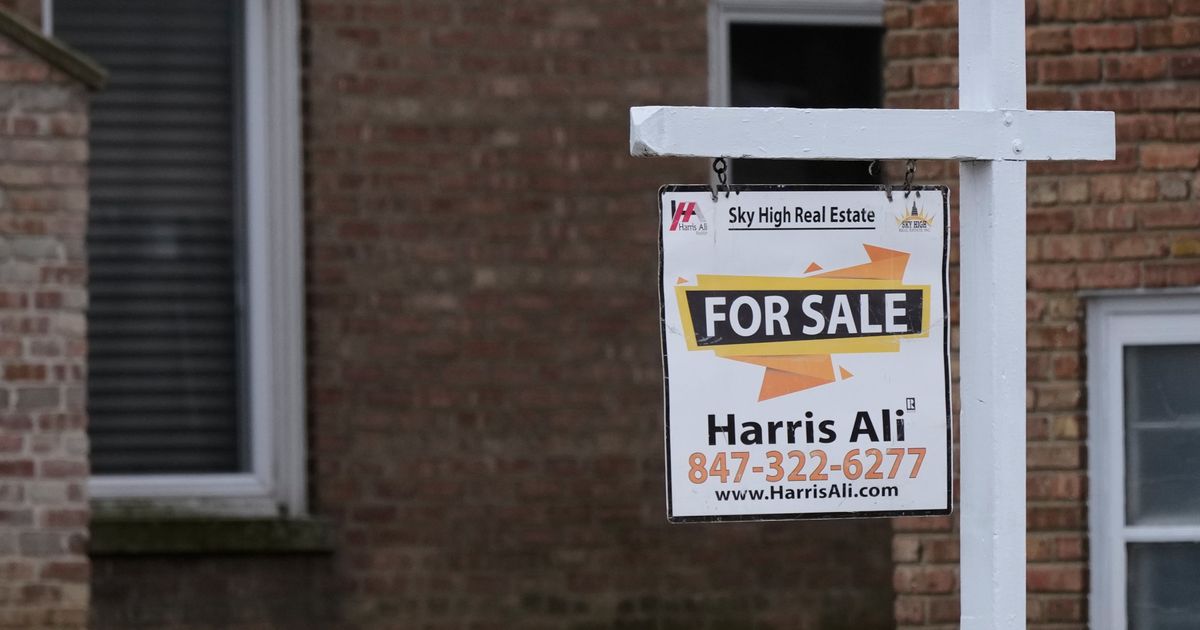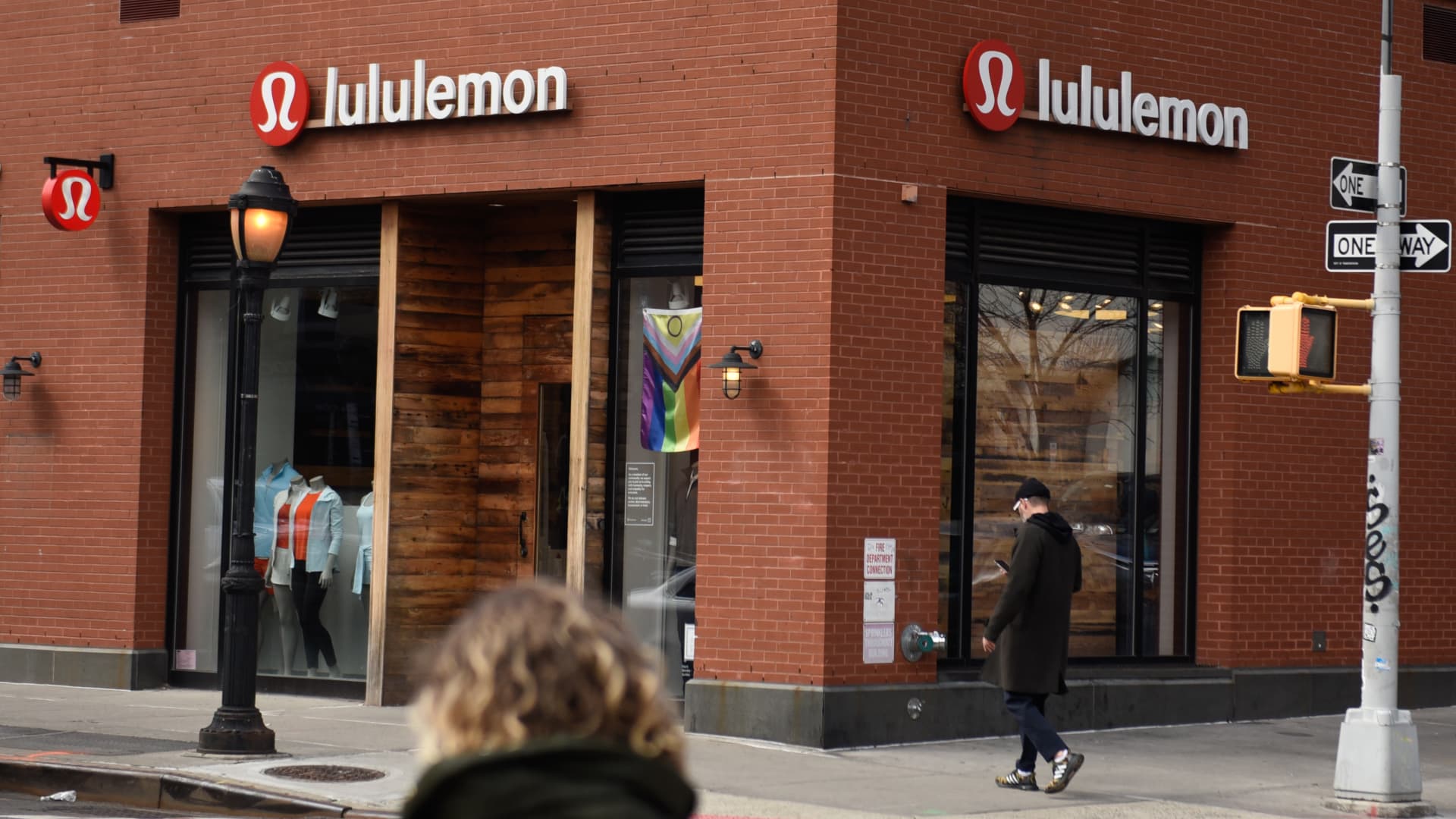Rows of spectator seats shielded from the weather by vaulted, umbrellalike canopies. Views of the sports field from a public plaza. Pedestrians strolling past, catching glimpses of the action from an elevated pathway.
Those were among the images of a redeveloped Memorial Stadium that Seattle leaders saw in artistic renderings last year before they decided to seek out a private partner to demolish, rebuild and operate the aging Seattle Public Schools-owned venue at Seattle Center for as much as $250 million. SPS and City Hall are bringing as much as $110 million to the table but want an outside entity to cover any additional costs and to manage the project.
The conceptual design, put together by the architecture firm Populous, is emphatically “not the last word on what we want” out of a new Memorial Stadium, cautioned Marshall Foster, interim director for Seattle Center, a city-owned campus. It remains to be seen whether a deluxe venue can appropriately serve students and other uses, added Fred Podesta, interim deputy superintendent at SPS, saying nothing is set in stone.
Still, SPS and city leaders liked the $127,000 “vision and feasibility study” by Populous enough to move ahead in 2022 with discussions about a public-private project, so the study is a window into what they’ve been thinking.
Last week, those thoughts and discussions led them to release a joint request for proposals (RFP) — and to suggest that a new stadium could host concerts, cultural events, 2026 World Cup training and perhaps professional soccer and rugby, in addition to high school sports and graduation ceremonies.
“When you start to get serious about taking a step” like releasing an RFP, “you really want to know that you have a viable concept,” Foster said. “That doesn’t mean you want to master plan it or design it, but you want to make sure you can fit the pieces together … That’s what Populous did.”
It didn’t hurt that Populous, a global expert in stadium architecture, designed the recent renovation of Seattle Center’s KeyArena, which reopened as Climate Pledge Arena in 2021. Climate Pledge Arena’s developer and operator, Oak View Group, is expected to submit a Memorial Stadium proposal.
Past studies
The idea of redeveloping Memorial Stadium is decades old, with multiple other studies preceding the concept that Populous came up with last year.
In 2008, a Seattle Center master plan called for a new stadium to be built with grandstands on the east side of a north-south athletic field and imagined that the grandstands could be converted into a stage for concerts. The plan also called for a “green lid” between the International Fountain and the stadium.
A 2017 study for SPS also contemplated a new stadium, plus the construction of a new high school east of the venue, on an existing parking lot.
SPS didn’t include funds for Memorial Stadium in a 2019 property-tax levy but did subsequently include $66.5 million for the venue’s redevelopment in a levy that voters approved last year, drawing on additional studies.
A 2019 study for City Hall and the Seattle Parks Foundation included multiple redevelopment concepts, including a north-south athletic field and a multipurpose building on the existing parking lot, while a 2021 study for SPS, ahead of the 2022 levy, contemplated a basic stadium rebuild.
Populous concept
That basic rebuild is what the city asked Populous to expand on, inviting the firm to assess what a more ambitious project might look like and “develop engaging visuals that communicate the vision and support fundraising.”
Whereas the school district’s base funds could build a new stadium with 4,500 seats, Populous was instructed to assess the viability of a new venue with 8,000 to 12,000 seats that could serve “a variety of year-round uses,” including SPS sports, cultural events, concerts and “professional soccer and/or rugby matches.” As with prior studies, City Hall requested a design that would better connect a new stadium with the International Fountain.
The result, which Populous presented to civic leaders in June 2022, showed a 9,400-seat stadium with room for 1,000 more spectators in premium boxes. With a rough, estimated price tag of $200 million to $250 million, the concept included expanded locker rooms and warmup areas, back-of-house concert spaces, a new SPS athletics management office, a pedestrian and bike connector along the north side of the stadium, roof canopies with solar panels and an open-space lid between the stadium and the International Fountain.
Populous drew inspiration from venues like The Highline in New York City, and the Frederik Meijer Gardens & Sculpture Park in Grand Rapids, Mich., and from stadiums in Aguascalientes, Mexico; Pärnu, Estonia; and Ger, France. For cost benchmarks, the study looked at stadiums built by a small university in Texas and by Major League Soccer clubs in Tennessee and Minnesota.
“Imagine a stadium in an urban park that creates better opportunities and experiences for students for generations,” the presentation said, mentioning the OL Reign of the National Women’s Soccer League and the Seattle Seawolves of Major League Rugby as potential partners and investors. “Ask yourself … Do you believe in the vision? Is this right for the people of Seattle? Would you be proud to deliver this and for this to be part of your legacy?”
Last November, Mayor Bruce Harrell and the City Council allocated $21 million for a Memorial Stadium project and promised to add $19 million later.
Real world
While the work that Populous did was useful “to get some ideas about what might be possible on the site” and while the renderings were “beautiful,” the June 2022 concept won’t dictate what happens at Memorial Stadium, said Podesta, the SPS leader. Last week’s RFP is the document that’s actually setting the initial parameters for the potential project, he said.
“This RFP is far more important,” because legitimate proposals must meet the school district’s needs and make sense financially, Podesta said.
The RFP doesn’t include a desired price tag or cost range for the project but says a new stadium would have to seat at least 8,000 people. It says SPS would get priority scheduling from Sept. 1 through June 30 and says the city would get priority scheduling for major festivals. Nonstudent uses would potentially be concentrated during summers, Podesta said. The city is interested in creative ways that Seattle Center’s arts and cultural organizations could use the new venue, Foster added.
Theoretically, there could be a triple win for SPS, Seattle Center and a private partner, Podesta said, with SPS saving money on stadium operations, students getting a better venue for their sports and events, Seattle Center gaining a classy asset and a partner making some money. SPS will only accept a proposal that works well for students, however, and if no proposal does that, then SPS will move ahead with a basic rebuild, Podesta said.
SPS doesn’t need a 9,400-seat stadium for its own purposes, because student sports don’t attract that many spectators, Podesta said. Yet SPS doesn’t want to sell the site, because that would mean letting go of a conveniently located venue for students sports and a public asset for Seattle Center, he said.
“The district is committed to making an investment in Memorial Stadium,” Podesta added. “Whether a partnership goes forward or doesn’t … a new facility is coming. The point of the RFP is to decide how many entities are going to be involved and what kind of facility it’s going to be.”
















